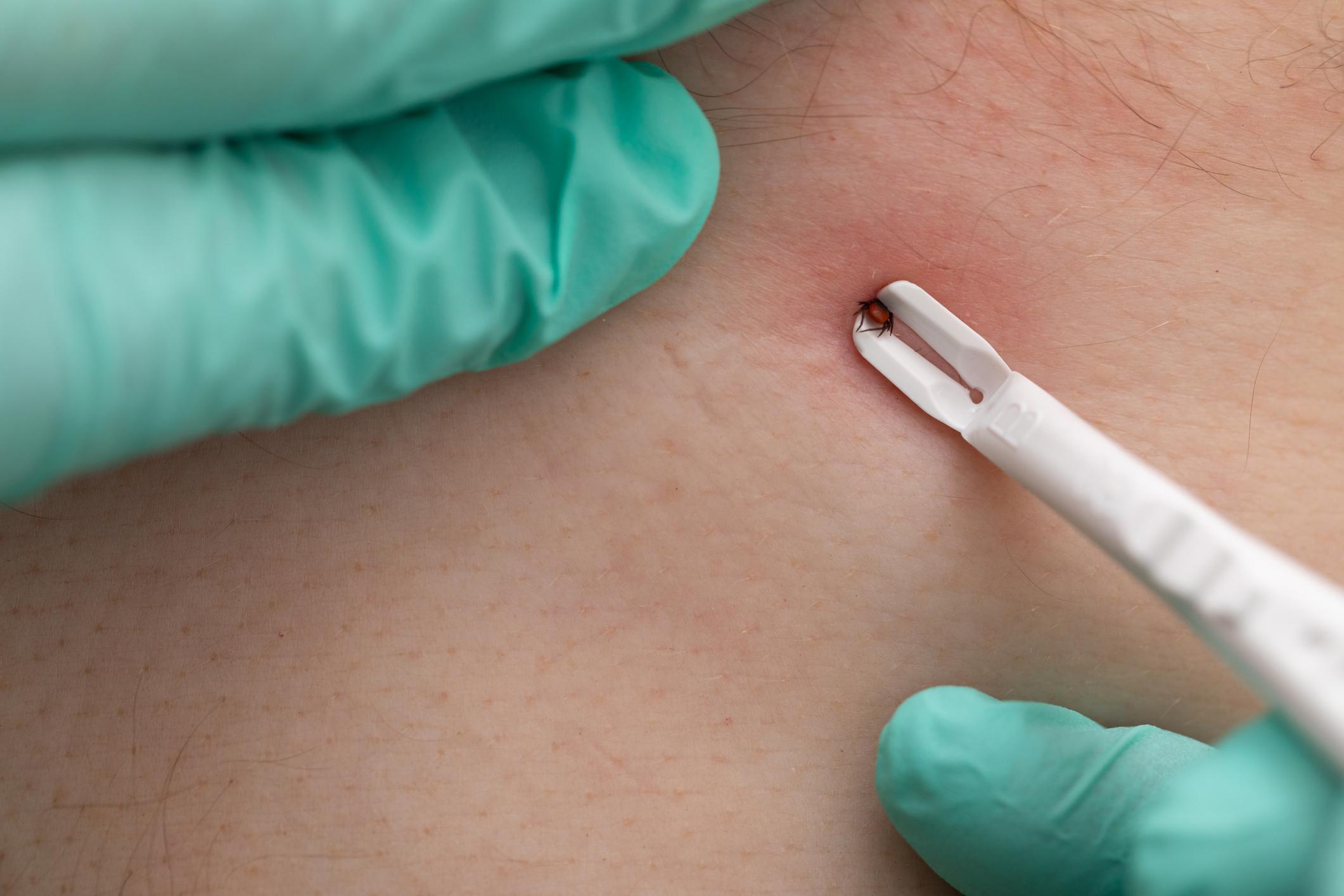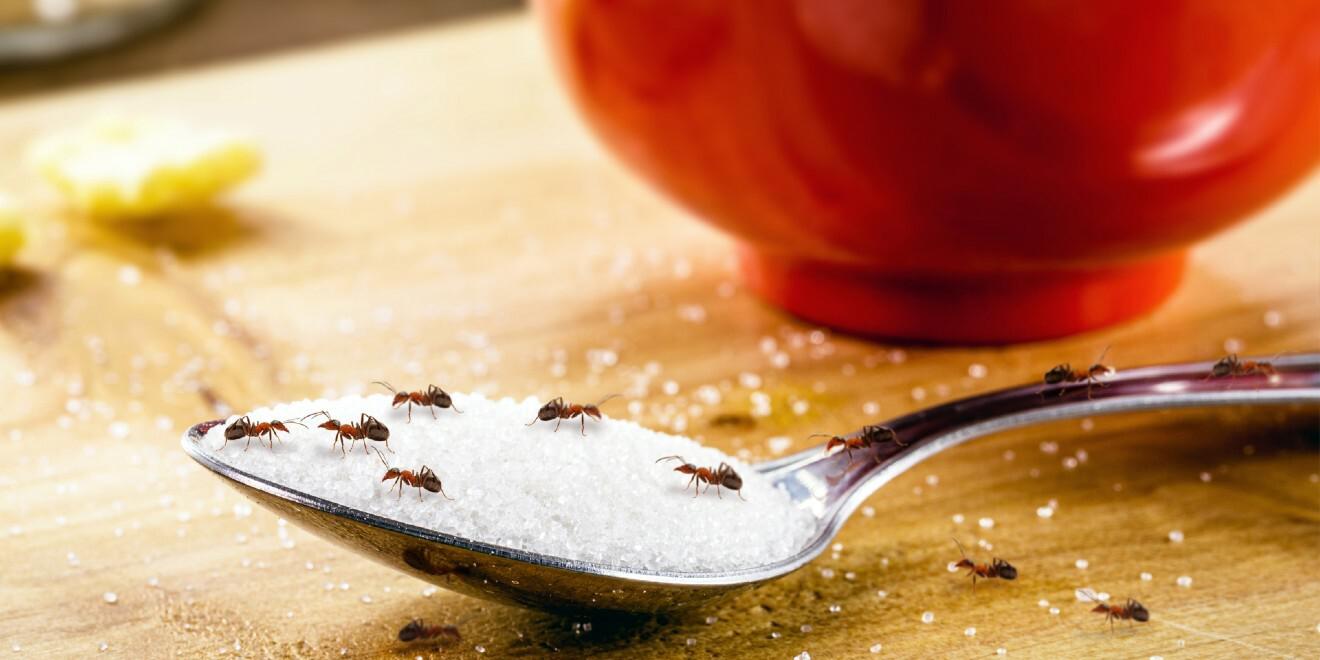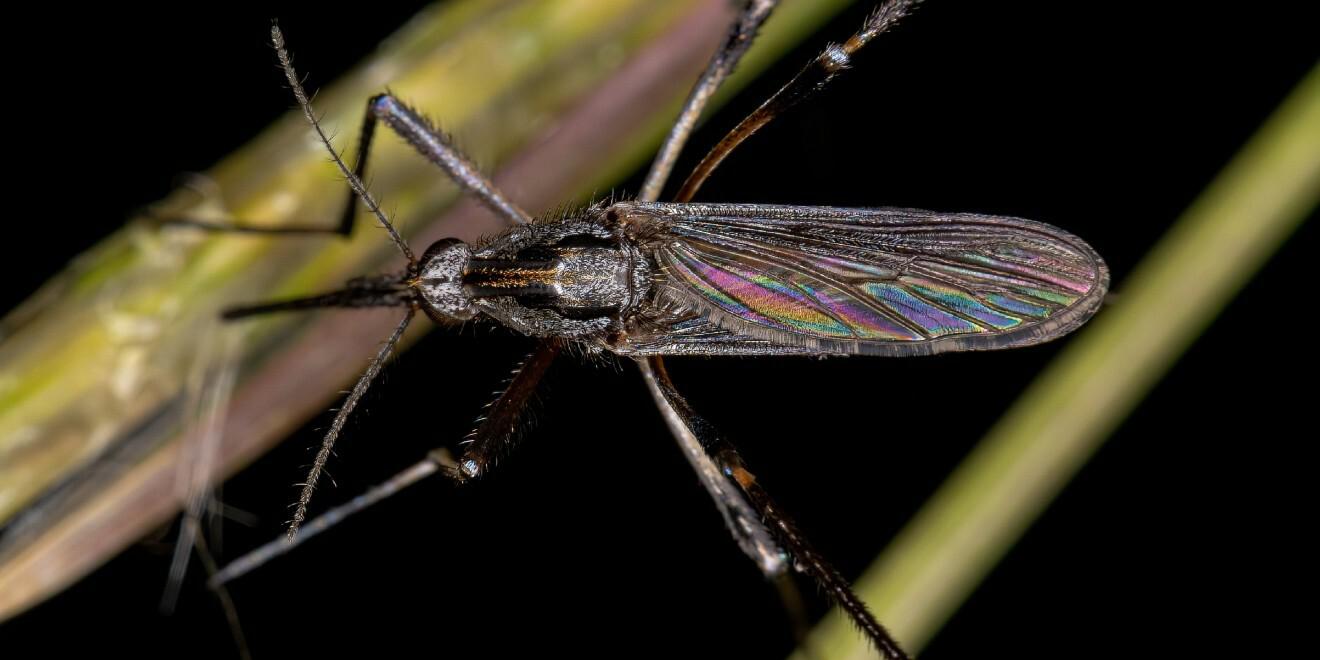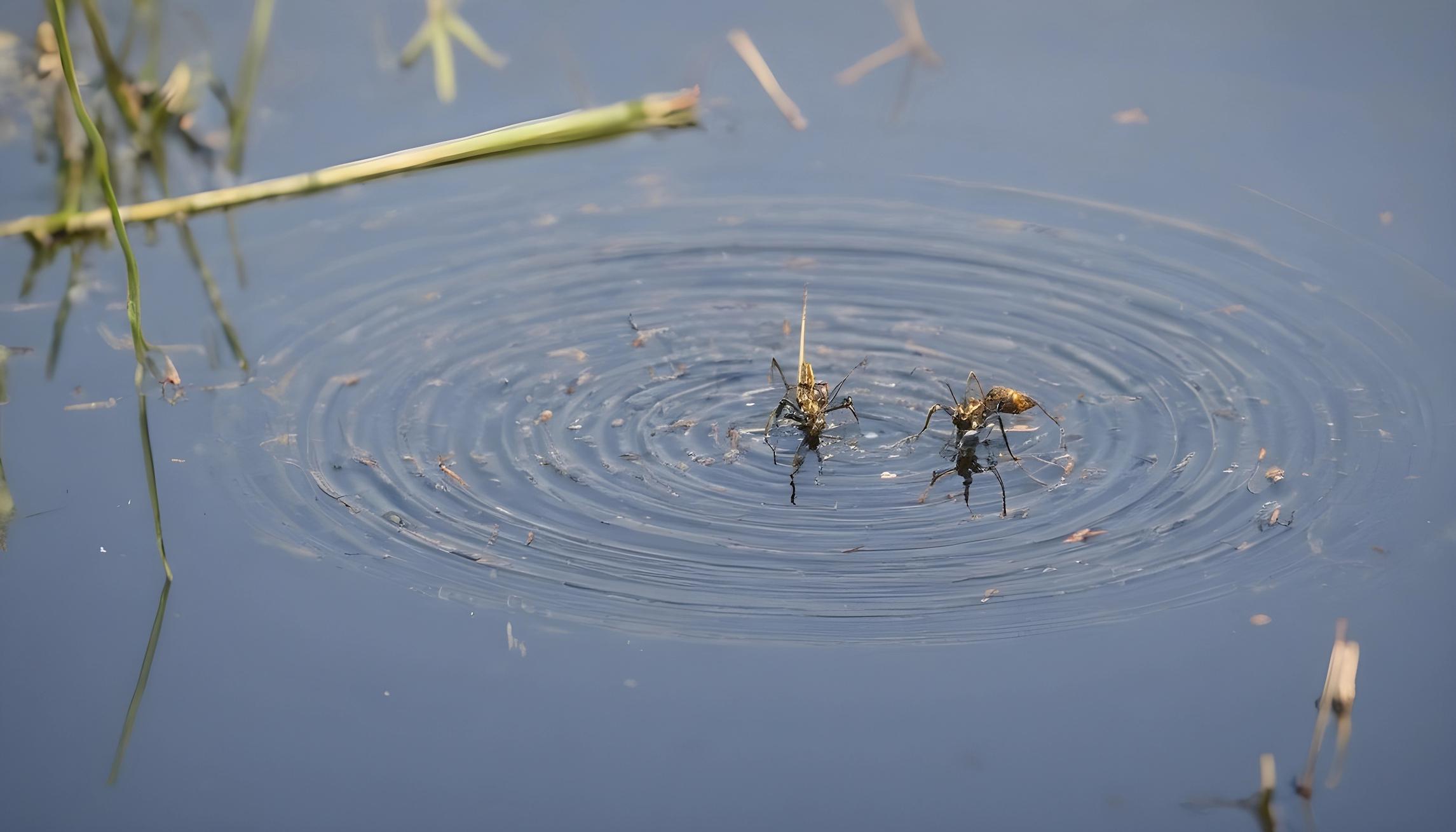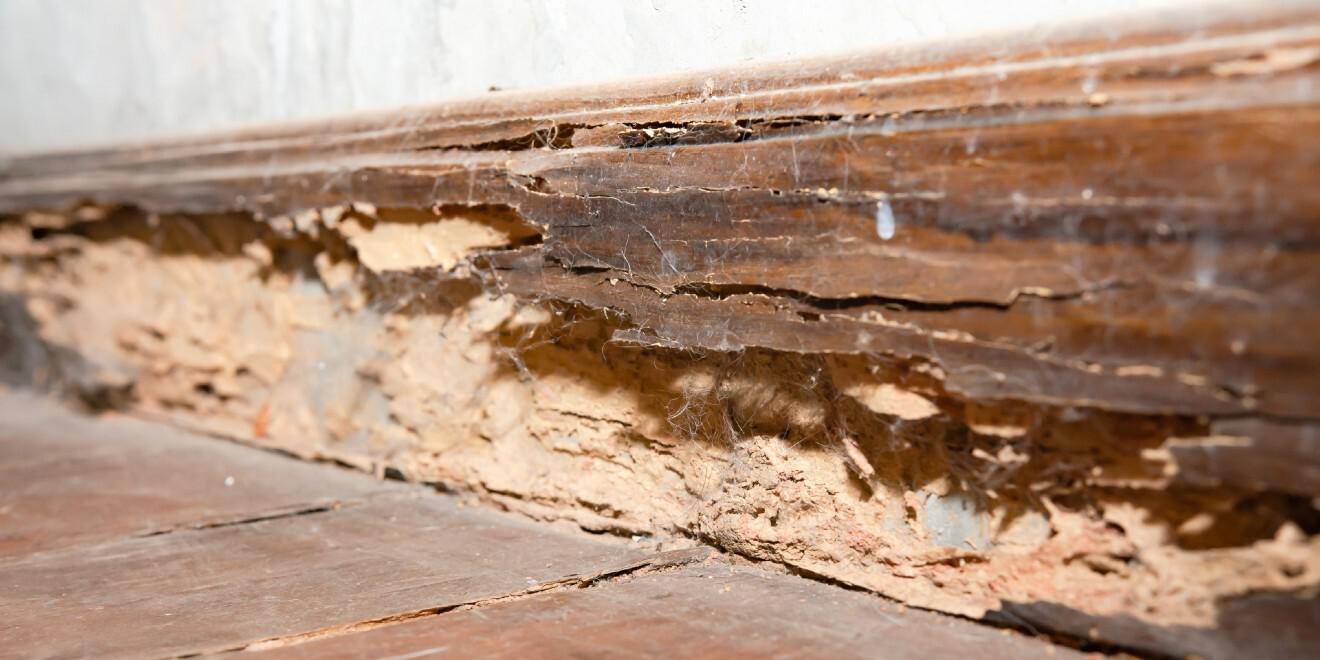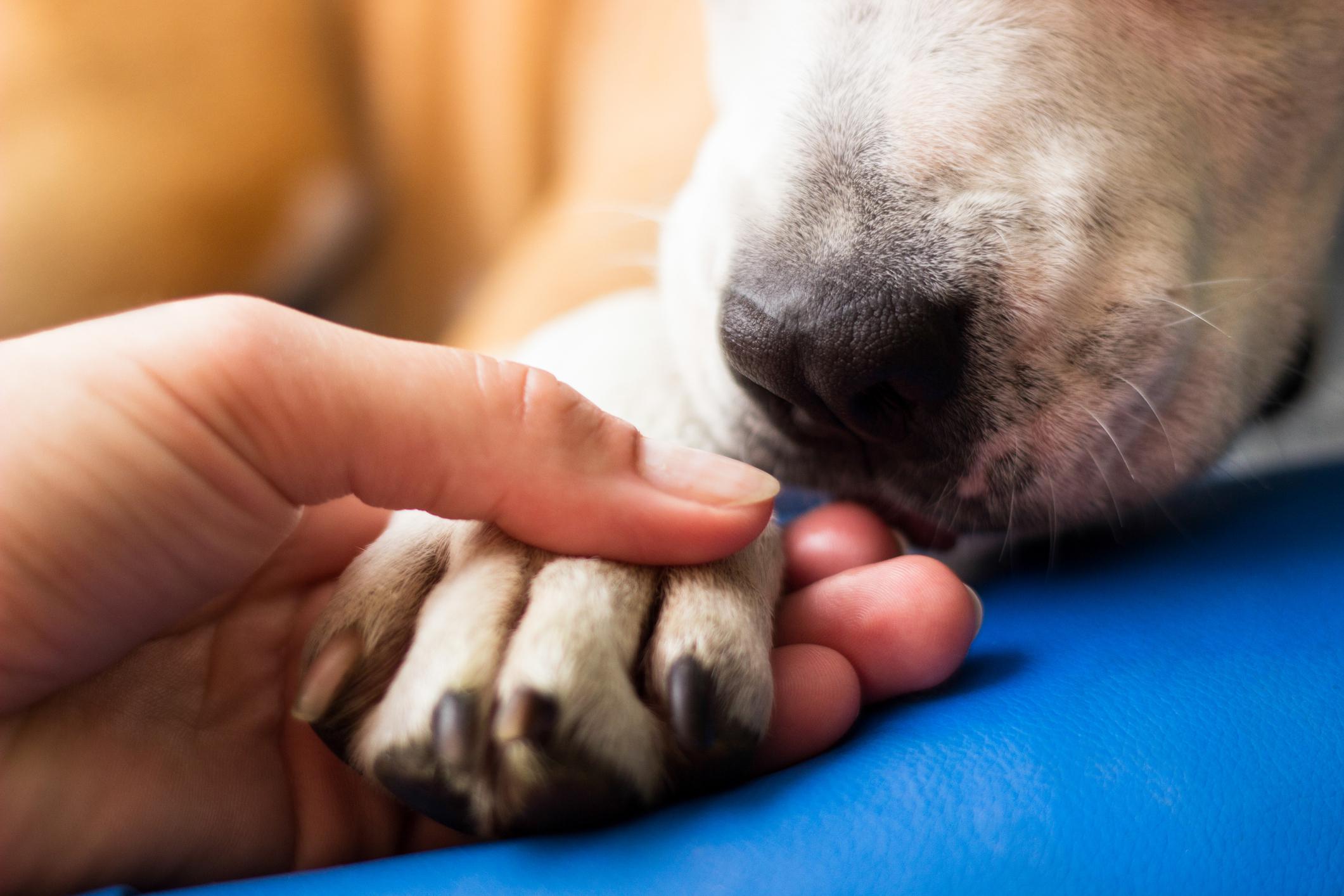Understanding West Nile Virus: How to Help Protect Against Mosquitoes in Greater Atlanta
Posted by Mosquito Squad
September 9, 2024
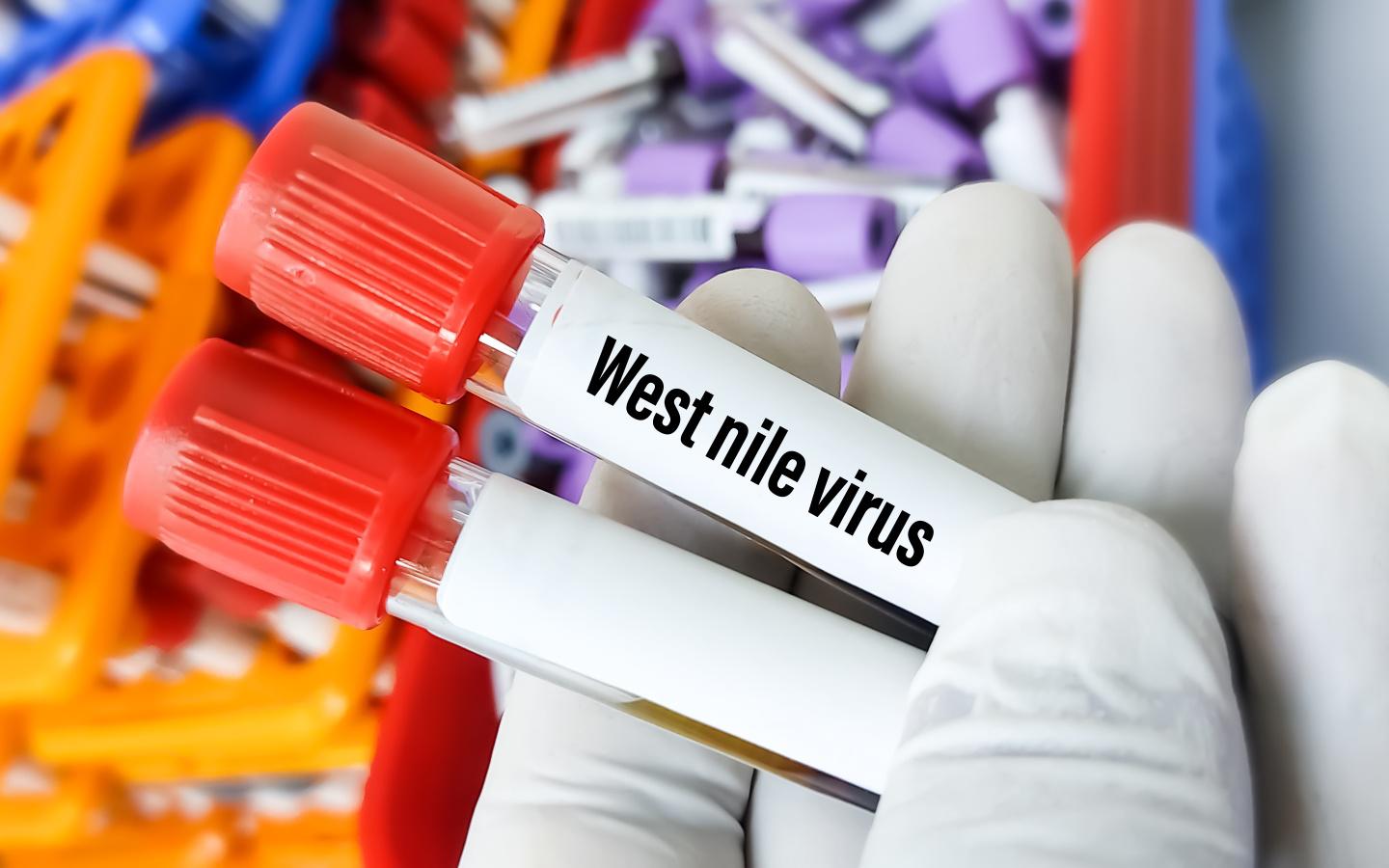
West Nile virus (WNV) is a mosquito-borne disease that can affect humans and other animals, including birds and horses. Mosquitoes acquire the virus by feeding on infected wild birds and then transmit it to people by biting them. Greater Atlanta offers a year-round home to these pests. With its warm and humid climate, Greater Atlanta represents the type of environment that mosquitoes thrive in. It’s important to stay alert and mitigate the risk of mosquito-borne illnesses, especially during mosquito season.
WNV symptoms include fever, headache, body aches, joint pains, vomiting, diarrhea, or rash. Severe symptoms include meningitis, encephalitis, or paralysis. While most people bitten by an infected mosquito don’t get sick, others may have severe reactions. We all need to be vigilant and protect ourselves and our families. It’s important not only to be aware of the threat of WNV but also to take action regarding mosquito control in our homes and communities.

Tips to Help Prevent West Nile Virus in Greater Atlanta
Knowing how to help protect against mosquitoes in Greater Atlanta is the first step toward reducing the risk of West Nile virus. Perhaps the best means of prevention is to reduce areas where mosquitoes can breed around your home. Mosquitoes lay eggs in stagnant water, so clearing any containers, clogged gutters, or unused pools is essential. To help protect you and your property from mosquito infestations, follow the 7 T’s of Mosquito Control to target areas favored by mosquitoes.
In addition to keeping your property mosquito-resistant, key actions include using repellents containing DEET, wearing long sleeves and pants, and staying indoors during peak mosquito activity times (dusk and dawn). If you have outdoor events planned, consider using special event sprays to create a protective barrier for your guests. By focusing on multiple levels of protection, you can help reduce the exposure to mosquitoes and minimize risk to your health.
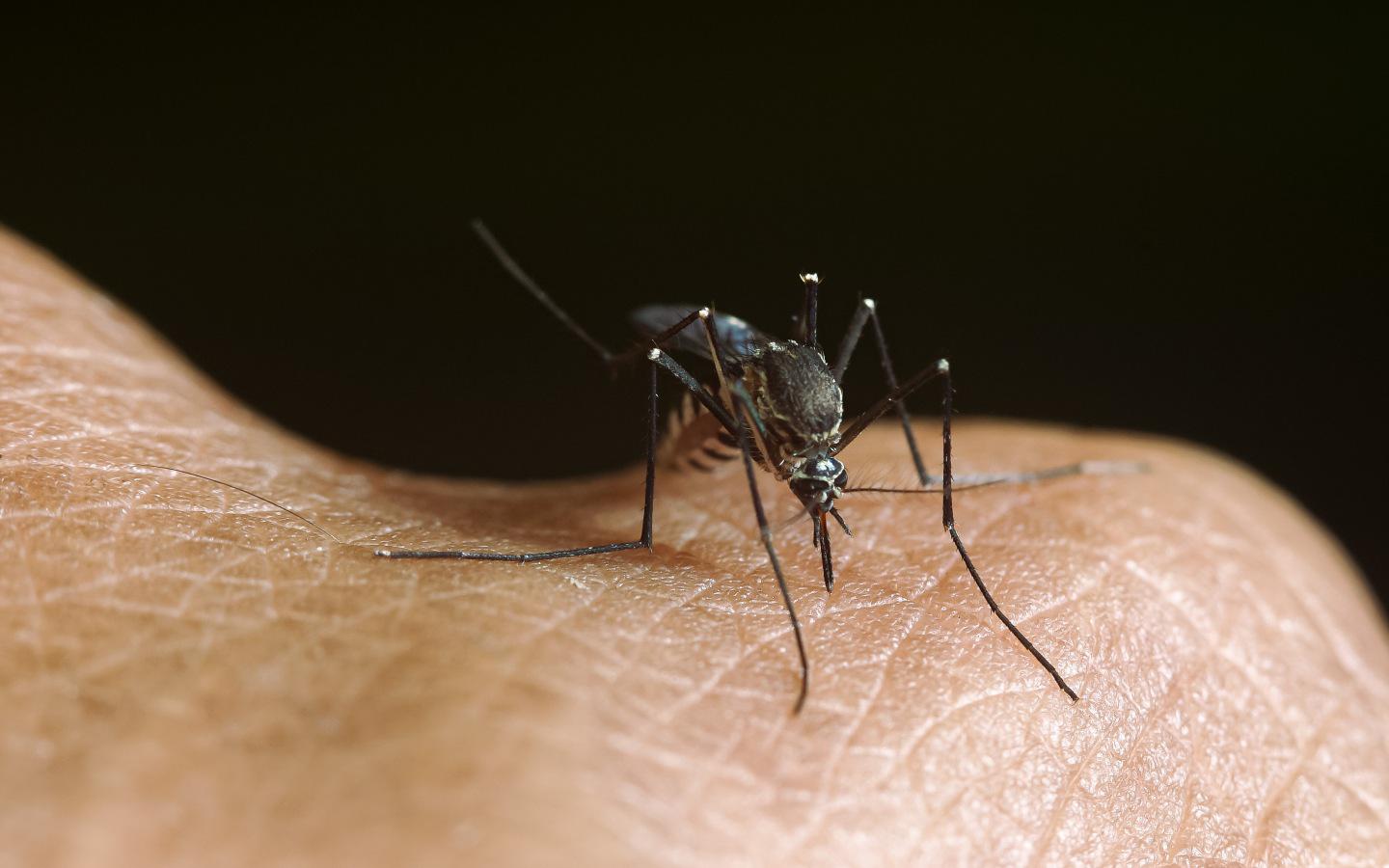
Recognizing the Symptoms of West Nile Virus
Mild Symptoms:
- Fever
- Headache
- Body aches
- Fatigue
Severe Symptoms (Seek medical attention if these occur):
- Neck stiffness
- Muscle weakness
- Confusion or disorientation
- Vision loss
- Tremors or convulsions
- Paralysis
If you or someone you know develops any of these symptoms after being bitten by a mosquito, consult a healthcare professional as soon as possible.

The Importance of Recognizing West Nile Virus
While prevention is important, it is also essential to recognize the symptoms of the West Nile virus should you or someone you know become infected. Most people who contract the virus never feel the effects or experience mild symptoms. Anyone who shows symptoms often experiences a flu-like illness that includes fever, headaches, and body aches. In rare cases, the disease can become severe and can include neck stiffness, confusion, vision loss, or muscle weakness.
Those over 50, young children, and anyone with compromised immune systems are at particular risk of serious illness from the West Nile virus. If you or someone in your household starts to show symptoms after being bitten by a mosquito, seek medical care right away. Early detection and proactive prevention can make a difference in the outcome of any suspected cases of WNV.

Mosquito Control Solutions in Greater Atlanta
The best way to prevent West Nile virus is to be proactive. Reduce mosquito populations in your yard, on your property, and on the properties of your neighbors with the assistance of your local mosquito control professionals, like Mosquito Squad of Greater Atlanta. We offer residential and commercial mosquito control services that address mosquito breeding areas and provide a protective barrier that can help minimize exposure to biting mosquitoes that can transmit mosquito-borne diseases. Our traditional mosquito control treatment can effectively create a protected zone and greatly reduce the risk of mosquitoes on your property.
Contact us today by calling (770) 504-4494 or using our online contact form.
By staying informed about the West Nile virus and implementing these protective strategies, you can enjoy the outdoors in Greater Atlanta with greater peace of mind.









